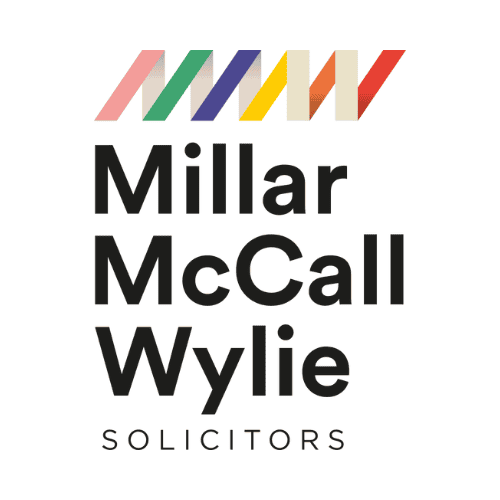- News And Analysis
- Legal
- What Your Solicitor Does When You’re Moving House?
What Does Your Solicitor Do When You’re Moving House?Published 20 May 2025

Commentary By
Millar McCall WylieSolicitors
Your solicitor’s goal is to ensure your house sale or purchase is completed as efficiently and smoothly as possible. That means working to protect your interests at every stage of the process. Whether you’re buying or selling, your solicitor plays a key role in making sure legal ownership is transferred correctly and that both parties meet their obligations.
Here’s a closer look at what your solicitor will do:
When You’re Selling
Your solicitor will assist with the following:
- Obtaining the Title Deeds – Legal documents that prove ownership of the property.
- Preparing the Draft Contract – The formal agreement between buyer and seller.
- Gathering Required Property Certificates and Searches – These are necessary to provide to your buyer.
- Helping with Pre-Contract Enquiries – Your solicitor will assist with formal replies and advise on any documents needed as a result. These may include:
- Energy Performance Certificate (EPC)
- Ground rent receipts
- Gas safety certificates
- Rates invoices, if applicable
- Advising You on Disclosures – Your solicitor will guide you on what must legally be disclosed to the buyer.
You may hear these items referred to collectively as the “contract pack” that must be provided to the buyer.
- Responding to Enquiries on Title – Your solicitor will address any legal questions raised by the buyer’s solicitor.
- Finalising the Sale – They’ll arrange for you to sign the contract and oversee completion—handing over keys to the estate agent on completion day.
When You’re Buying
If you’re buying a property, your solicitor will:
- Review and Report on Legal Documents – This includes all documents provided by the seller. Your solicitor will ensure the Title Deeds are in order and raise any necessary enquiries on your behalf.
- Meet with You to Sign the Contract – They’ll also discuss potential completion dates.
- If you're using a mortgage, your solicitor must receive a copy of your mortgage offer first. You’ll also sign the necessary legal documents related to the mortgage at this meeting.
- Arrange Exchange of Contracts – This step makes the completion date legally binding.
- Draw Down Mortgage Funds – Your solicitor will request these from your lender (if applicable) and ask you to transfer any balance due to complete the transaction. This may include your deposit, fees, and outlays.
- Send Funds to the Seller’s Solicitor – On completion day, your solicitor transfers the full amount due.
- Coordinate Key Collection – They’ll confirm when you can collect the keys from the estate agent.
Be Ahead of the Game
The key to a smooth move is to engage a solicitor as early as possible. You don’t need to be sale agreed to begin the process. Several important steps can be completed early, including:
- ID verification
- Proof and source of funds checks
- Obtaining your Title Deeds
- Ordering property certificates
This early preparation often referred to as “front-loading” a transaction is strongly encouraged by professional regulatory bodies. In short, being organised pays off.
If you have any questions during the buying or selling process, don’t hesitate to contact the Residential Team at Millar McCall Wylie. We’re here to help.
View previous article
The Conveyancing Process ExplainedView next article
Home Truths! The MMW Guide to Homebuying & SellingRelevant Articles & Guides
Home Truths! The MMW Guide to Homebuying & Selling
When you’re thinking about buying or selling a property, the road ahead can feel complex and a bit overwhelming, but with the right support behind you, it doesn’t have to be! Millar McCall Wylie has
Read more
The Conveyancing Process Explained
Buying a home is an exciting step but it also involves a legal process called conveyancing, which ensures that the property legally changes hands. In Northern Ireland, this work is carried out by a so
Read more
What Searches Are Involved in Buying a Home?
When buying a home in Northern Ireland, the solicitor will carry out a series of property searches. These are vital checks that reveal legal or planning issues that could affect the property's value o
Read more
